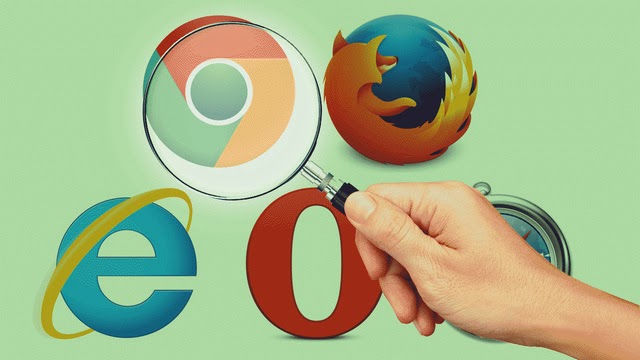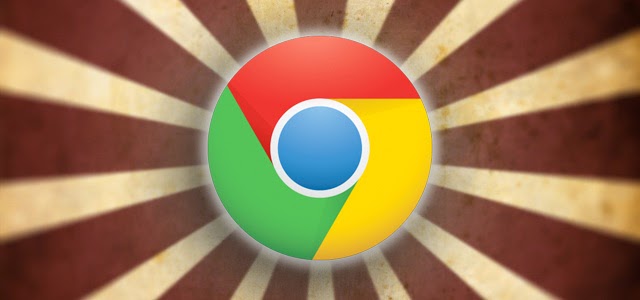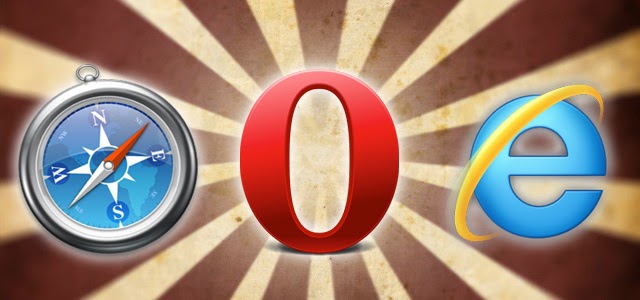
Nokia has launched its first Android device for India at an event in Mumbai. The Nokia X will be available from today for Rs 8,599. That price is slightly higher than the Rs 8,500 tag it was expected to sport, and could be the major factor in the final equation, Nokia is positioning the X series below its Lumia line, but above the Asha range, so it is expected to bridge the gap between the two price points. It must be noted that the price announced is the MOP (Market Operative Price) of the phone, so the box price (or MRP) is higher.
While the Nokia X has been launched, the company didn’t launch the X+ or the XL in India. Both are expected to launch in the next couple of months. The Nokia X run Android, but the login and app data is tied to Microsoft’s cloud services, and not Google as in any other Android phone. The phones run a version of Android Open Source Project, with access to sideloading of apps, third-party app stores and Nokia’s own store. You will find Microsoft essentials instead of Google services. Indian buyers will not get free Skype calls to mobiles and landlines when they purchase the Nokia X, due to regulatory hurdles.
The Nokia X features a 4-inch display with a 800×480 pixel resolution. It sports a low-powered Snapdragon S4 SoC with dual-core processor, which given the other specs should be enough for most use cases. The dual-core processor is clocked at 1GHz. There’s 512MB of RAM on the Nokia X, and it has 4GB internal storage and the ability to take in microSD cards up to 32GB in capacity.
The Finnish company has decided to go with a 3-megapixel primary shooter, and there’s no front-facing camera. That’s a bit of a disappointment for the selfie-obssessed and Skype users, though you can still use Skype on the phone. The Nokia X gets a 1500 mAh battery, rated for around 13 hours of talk time on 2G and 17 days standby time. In terms of connectivity, the X and X+ have dual SIM slots, 3G cellular data, Wi-Fi b/g/n and Bluetooth 3.0.
view more at :- ezivera




.jpg)


.jpg)
.jpg)











